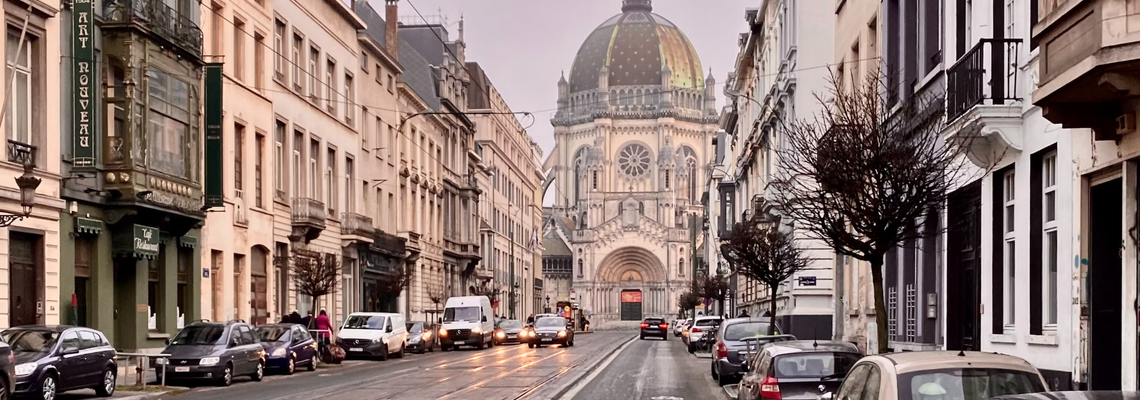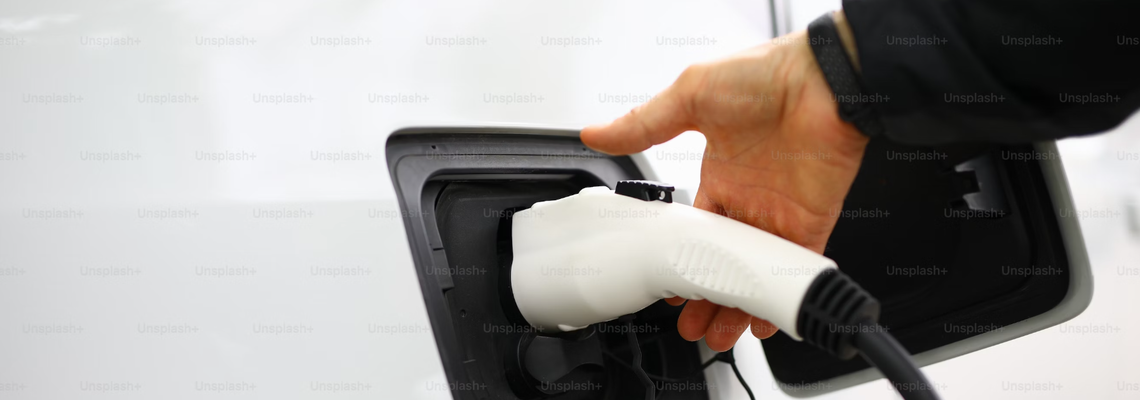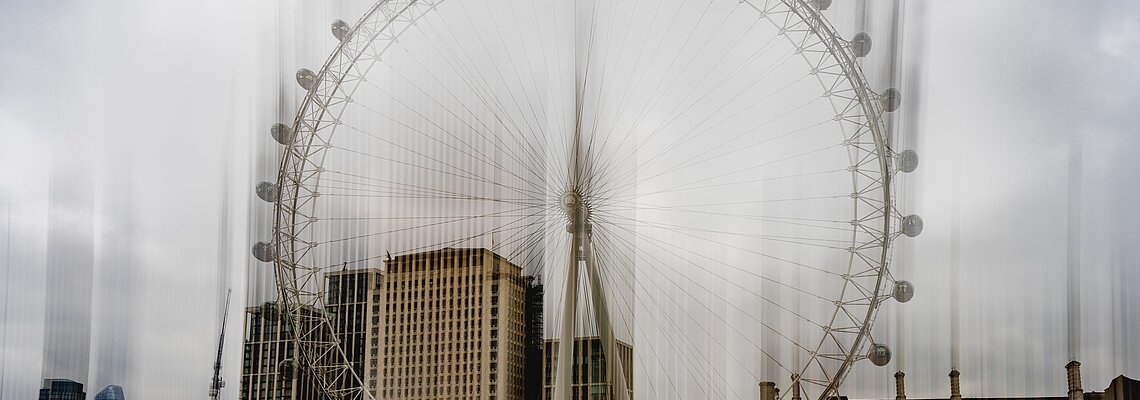More low emission zones and a crackdown on combustion engines? Federal government must act after court judgement
DUH and BUND have been proved right: The German government must take immediate countermeasures in the areas of transport and buildings in order to reduce CO2 emissions in both sectors. The government failed to meet its targets for 2021 and 22. Is there now a threat of more environmental zones and further measures to drastically reduce transport?
Low emission zone on the water: Leiden bans combustion-powered boats
The Dutch city of Leiden is planning to introduce an environmental zone on its waterways. This means the end for boats powered by fossil fuels. A move that shows how serious Leiden is about protecting the environment.
Biker shock: Lower Saxony bans combustion motorbikes on popular holiday route
A driving ban for combustion motorbikes through the back door - this is how bikers see the new pilot project in Lower Saxony. This is about noise reduction and only affects motorbikes with a stationary noise level of 90 decibels. However, this affects almost all combustion engines. Not only bikers feel cheated, the hotel industry in the area also sees itself jeopardised by the project.
From 2024: Brussels bans Euro5 diesel, Antwerp grants grace period
Brussels is getting serious in the fight against older diesel vehicles. Euro5 vehicles will be banned from 2024. The old combustion engines were actually supposed to be banned in all three environmental zones in Belgium. However, the Flemish government has decided to postpone the ban by one year.
Low emission zones in Great Britain - penalties in the millions!
Get your registration now! London and Glasgow, but also Bath, Birmingham, Sheffield and many other cities: Low emission zones are currently being greatly expanded in the UK. Restrictions have been in place for some time. Since this year, however, more and more vehicle categories and also more foreign vehicles have been affected, be they tourists, coaches or lorries. It is therefore worth familiarising yourself with the rules before entering the zone and, if necessary, obtaining a registration. We can help you with this!
Import duty on e-cars: Swiss importers react with shock
Critical voices have been raised following Switzerland's decision to extend the car tax to electric cars in order to compensate for tax losses. The change will have a huge impact on prices and sales figures for electric cars. Car importers see the announcement as the wrong signal from politicians, which could have serious consequences.
For more climate protection: new lorry toll could also contribute to better air quality in cities
From December 2023, the lorry toll is to be linked to CO2 emissions. This is intended to incentivise more climate protection and reduce emissions. 200 euros will be due per tonne of CO2. The revenue from the toll is to be invested primarily in the railways in order to be able to transport more goods by rail again in future.
Antwerp's low emission zone policy: more exemptions and social tariffs for non-residents
From 27 April 2024, more people, including non-residents of Antwerp, will be entitled to an exemption or a social tariff in the Low Emission Zone (LEZ) of Antwerp, Belgium. The Flemish government is making adjustments to the access conditions for the LEZ in Antwerp and Ghent. These changes are aimed at making the LEZ more social, according to Tom Meeuws (Vooruit), Councillor for the Environment.
Electric car shock: Switzerland reveals astronomical costs and tax losses due to EV boom!
Switzerland has announced it will abolish tax incentives for the purchase of electric vehicles (EVs) from January 1, 2024, amid concerns over rising tax losses due to the EV boom. Importers of electric vehicles will now have to pay a tax levy of four percent of the vehicle's import price. This removes the tax exemption that has been in place since 1997.
The remarkable impact of low emission zones on air quality in London
Air quality in London has improved significantly over the last 15 years thanks to the introduction of Low Emission Zones (LEZ) and Ultra Low Emission Zones (ULEZ). This initiative to reduce air pollution has not only improved air quality in the city, but has also contributed to improved public health and economic savings.

![[Translate to Englisch:]](https://www.green-zones.eu/fileadmin/_processed_/6/5/csm_hammer_gericht_cc07dc1b79.png)
![[Translate to Englisch:]](https://www.green-zones.eu/fileadmin/_processed_/f/f/csm_grachten_leiden_blog_5501717d17.png)







